How to Clean Wine Glasses — 4 Simple Steps and Expert Tips to Sparkling Stemware
Get your glasses dinner party-ready — and help them stay that way
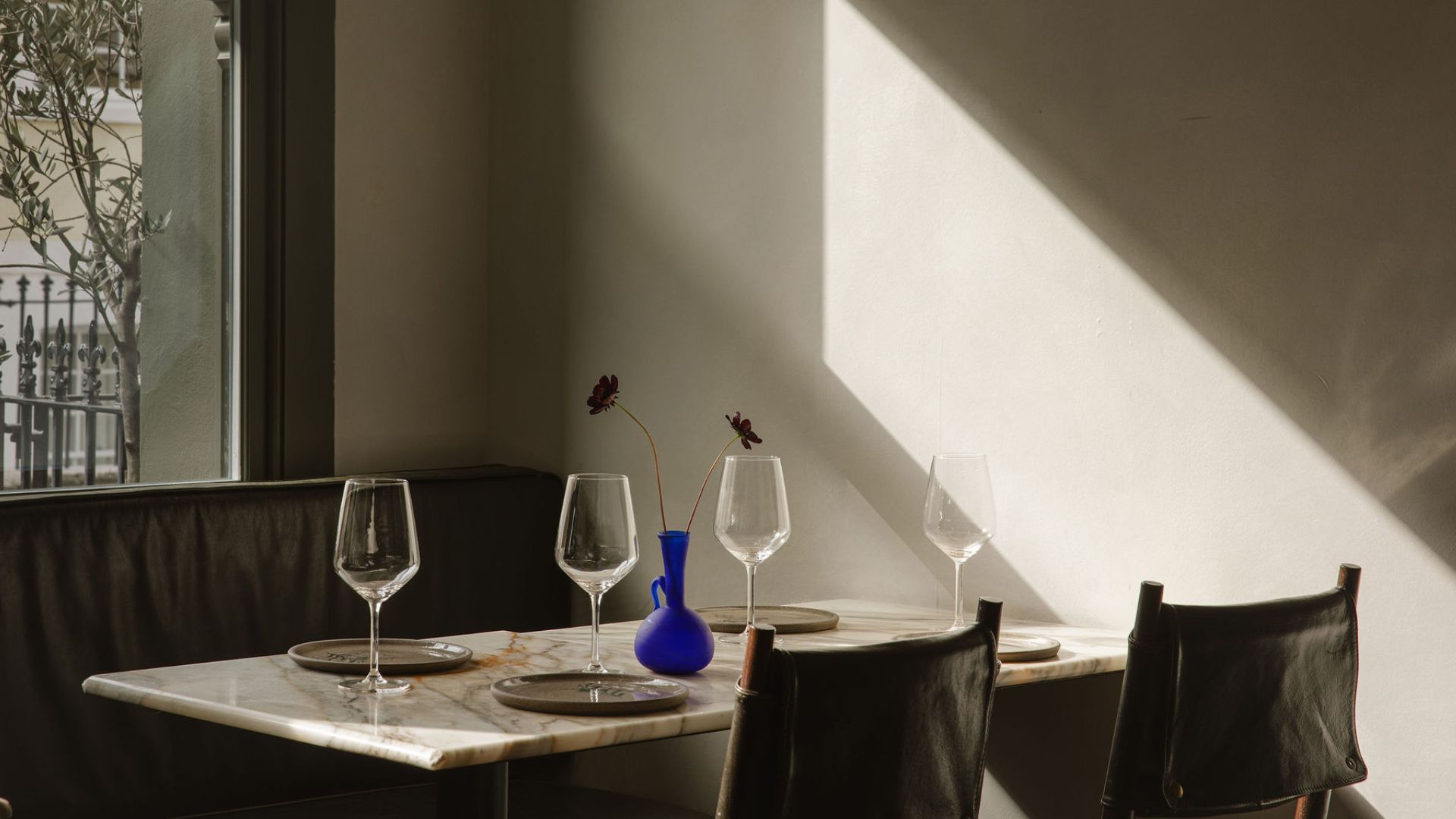

When you’re hosting friends for a meal and pulling out a great bottle of wine, the last thing you want is for your glassware to look dull or stained. The effort you’ve put into inviting people over can be completely overshadowed by glasses that haven’t been properly cleaned and polished.
Smudged or dusty wine glasses can detract from your beautifully curated table and affect the taste of the wine you serve from your home bar, leaving guests less than impressed. So, if your gorgeous wine glasses have only been sitting in the cupboard, they've probably picked up dust, water spots, or an odd film over time, and they'll need to be cleaned as soon as possible.
Remember, wine glasses require extra care to preserve their clarity and ensure they don’t dampen the flavor of your favorite wine. Paired with impressive lighting, a pristine glass not only looks better but also enhances the taste and aroma of the wine — a win for you and your guests.
What You’ll Need
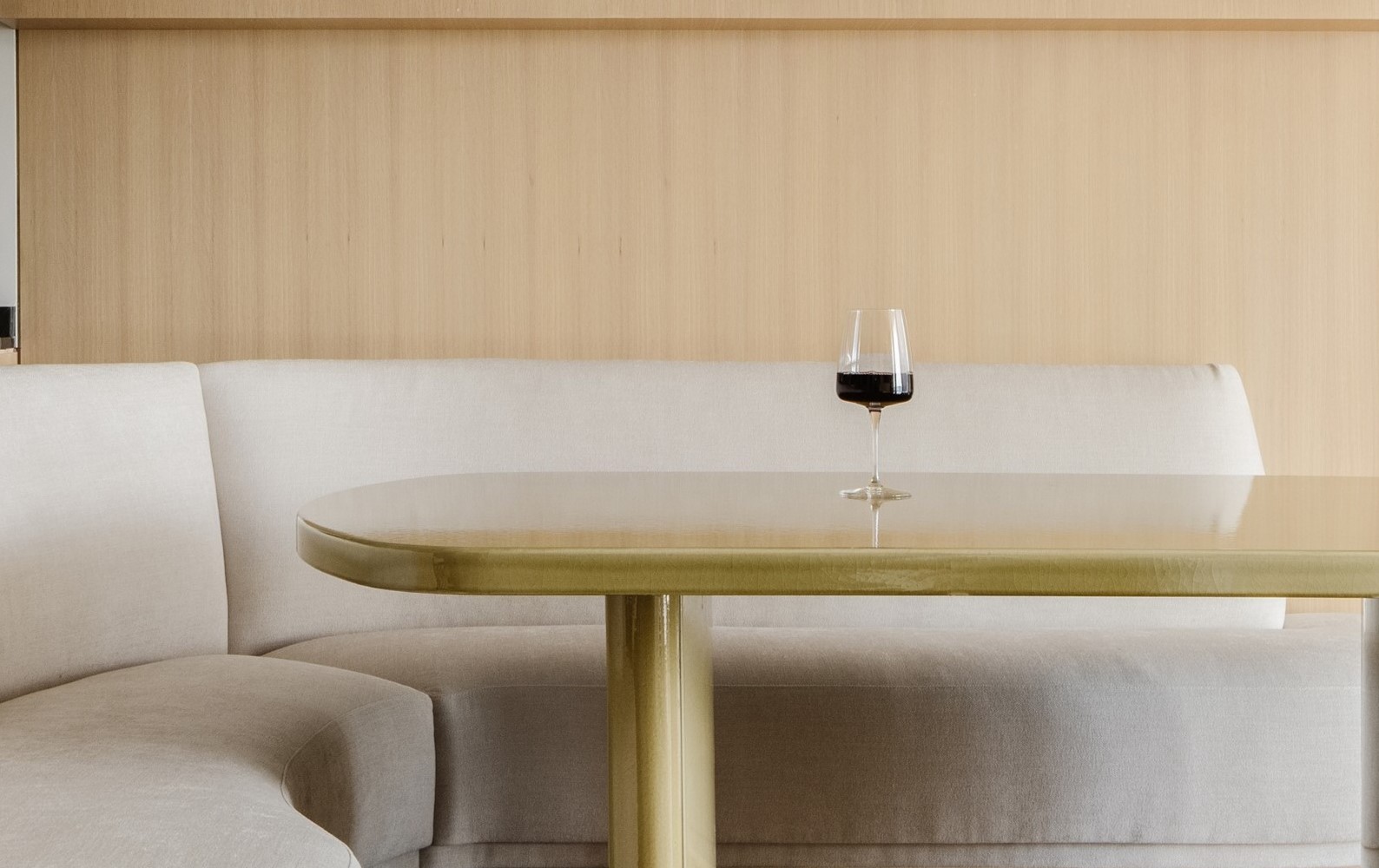
According to Vanessa Terra Bossart, Owner, GreenTerra Cleaning Service, here’s what you need to clean your wine glasses properly:
• Warm Water: Essential for cleaning your glasses without causing damage.
• Mild Dish Soap: Fine for standard glassware use Method Dish Soap from Amazon, but avoid soap for crystals if you can.
• A Soft Glass Cloth: To dry your glasses after washing, it's best to use a soft glass cloth or this Casabella Microfiber Glass Cloth from Walmart.
• White Distilled Vinegar from Target: Your secret weapon against stubborn spots or cloudy residue.
How to Clean Wine Glasses
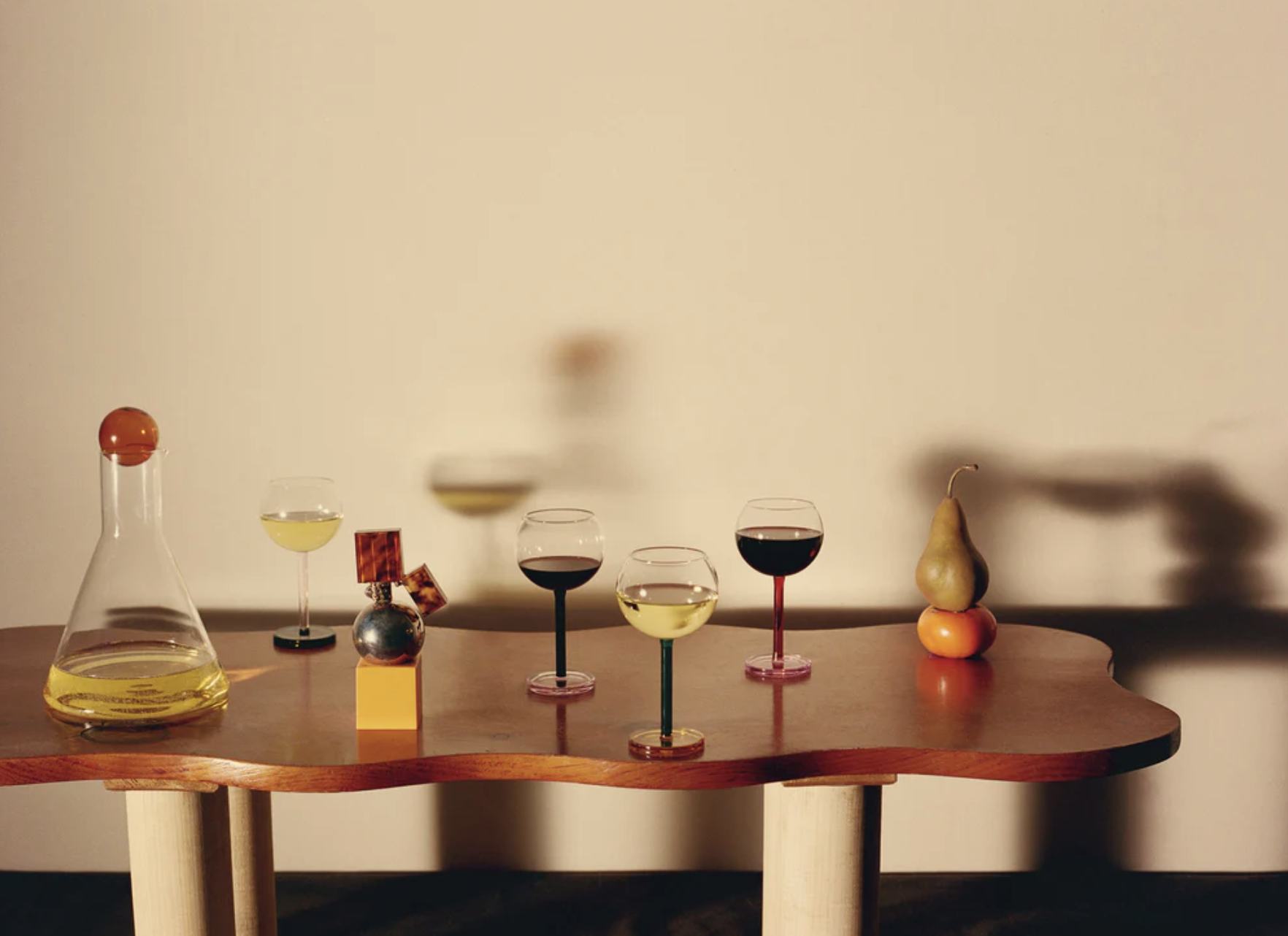
It's time to brighten up your glassware. Follow this step-by-step process to make sure every glass on your table is sparkling and guest-ready:
Step 1: Prep Your Glasses
"If you’re not cleaning the glasses right away, the best thing you can do is fill them with a bit of water to prevent stains from setting," Vanessa continues. "For wine glasses, especially crystal, this is crucial. If you leave them with dried wine overnight, you’re just making more work for yourself."
Step 2: Use Warm Water for Crystal
"When it comes to crystal, all you need is warm water," says cleaning expert Karina Toner from Spekless Cleaning. "But don’t go too hot—it shouldn’t be scalding. Simply rinse the glass thoroughly to remove any residue."
For standard glassware, Karina suggests you can be a little more aggressive. Use some mild dish soap if necessary, and they can even go in the dishwasher if you’re short on time. But crystal? Always wash by hand.
If you have stubborn water spots, create a mixture of equal parts warm water and white vinegar. Dip a microfiber cloth in the solution and gently polish the stained areas until they disappear.
Step 3: Dry Your Glasses Gently
Hold the glasses up to the light to make sure there’s no residue. When it comes to drying, you’ve got two options: let them air dry on a rack to keep things hygienic, or wipe them down with a clean towel.
"I find the combination of both to be the most effective for me, but when I do air dry, I don’t place them directly in sunlight," continues Karina. "The final wipe-down with a microfiber cloth removes water spots and smudges."
Step 4: Store Carefully
Before setting the table, hold each glass up to the light to ensure it’s flawless. Store glasses upright to avoid trapping moisture, and give them plenty of breathing room to prevent chips.
FAQs
What's the best thing to clean wine glasses with?
If your glasses simply need washing, the best way to do so is to soak them in lukewarm, soapy water, then dry them with a microfiber towel, such as those on sale on Amazon.
How do you clean cloudy wine glasses?
Assuming your wine glasses haven't become scratch by abrasive washing previously, cloudy glasses should be left to soak for at least an hour in white vinegar, then rinsed in warm, soapy water and dried with a microfiber towel.
How do you get wine stains out of glass?
Wine glasses stained with wine can be cleaned by soaking them in white vinegar for at least and hour, then rinsed in hot water. If the stains persist, repeat the soaking in vinegar then scrub with a bottle cleaner, such as this one from Amazon. Then, wash in warm, soapy water, rinse in clean water and dry with a microfiber cloth.
Can you put wine glasses in a dishwasher?
You can put wine glasses in a dishwasher but know that doing so is more likely to result in breakages, especially if they are poorly loaded; the key is to ensure they're not touching anything else and to choose a delicate cycle that doesn't feature heated drying. Be aware, too, that washing wine glasses in a dishwasher can lead to them becoming cloudy (or etched); you can minimize this by using rinse aid. If you are cleaning crystal, milk, painted or hand-blown wine glasses, you would be better to hand wash them.
How often should I clean my wine glasses?
In short, you should clean your wine glasses after every use, the earlier the better before the stains set.
Fingerprints, leftover wine and marks can spoil fine wine glassware if left for too long.
Taking a few minutes to clean your wine glasses before your guests arrive ensures they’re spotless and ready to elevate your gathering. Cleaning wine glasses might seem daunting, but with the right tools and methods, it can be a seamless part of your routine.
Be The First To Know
The Livingetc newsletters are your inside source for what’s shaping interiors now - and what’s next. Discover trend forecasts, smart style ideas, and curated shopping inspiration that brings design to life. Subscribe today and stay ahead of the curve.

Seraphina is a contributing editor at Livingetc, writing Advice features on design, renovation and organisation. Seraphina is a qualified Interior Designer from KLC School of Design having worked at London-based interior design agencies Anouska Hempel and ND Studios. Seraphina has also completed her MA degree in Magazine Journalism at City, University of London, with previous experience including writing for Homes & Gardens, Women's Health, Food & Travel and Fabulous Magazine.
-
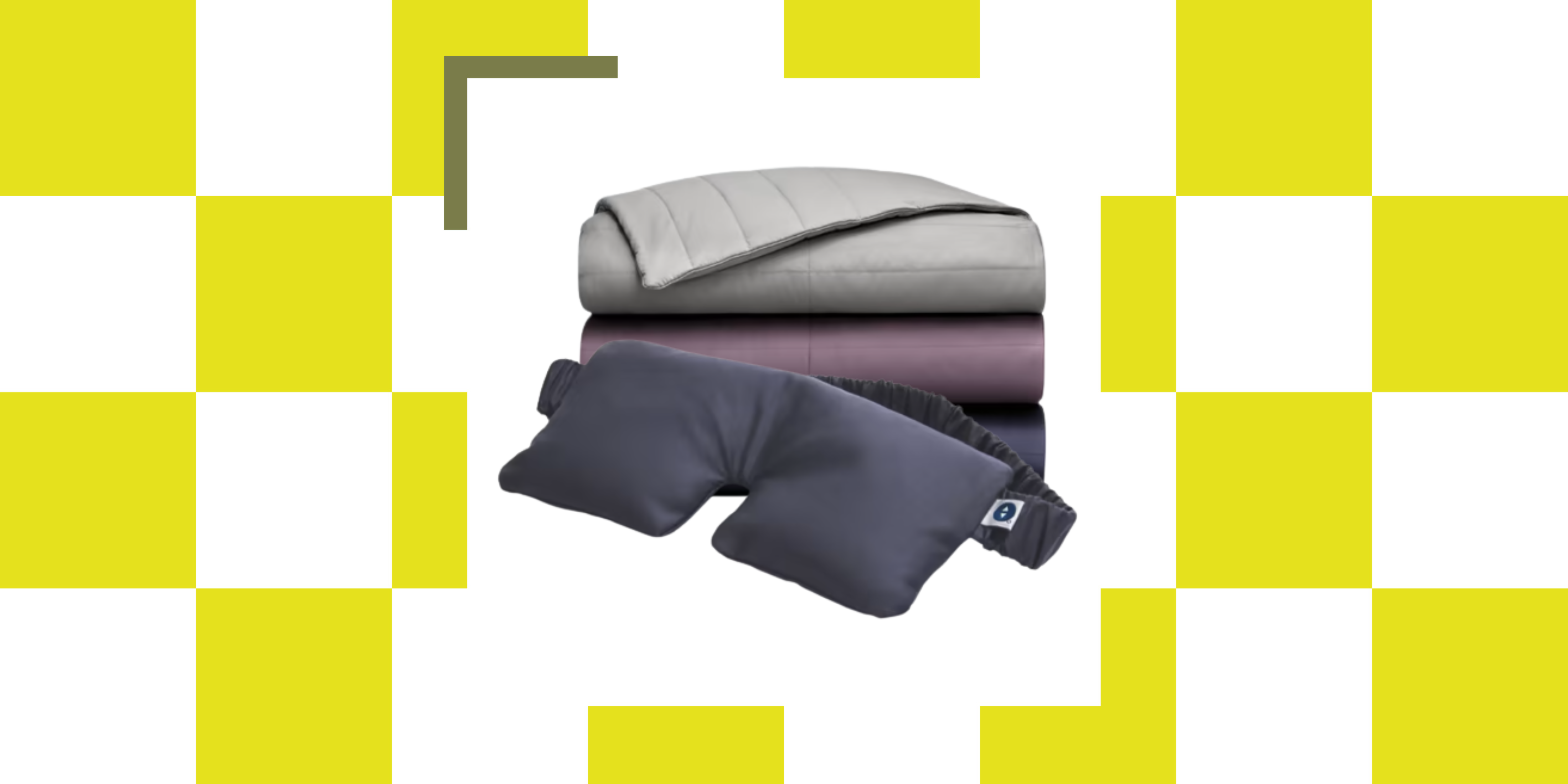 The Weighted Blanket That Doesn’t Make You Sweat (and the Eye Mask to Match)
The Weighted Blanket That Doesn’t Make You Sweat (and the Eye Mask to Match)Luxury has weight. And apparently, volcanic minerals
By Julia Demer
-
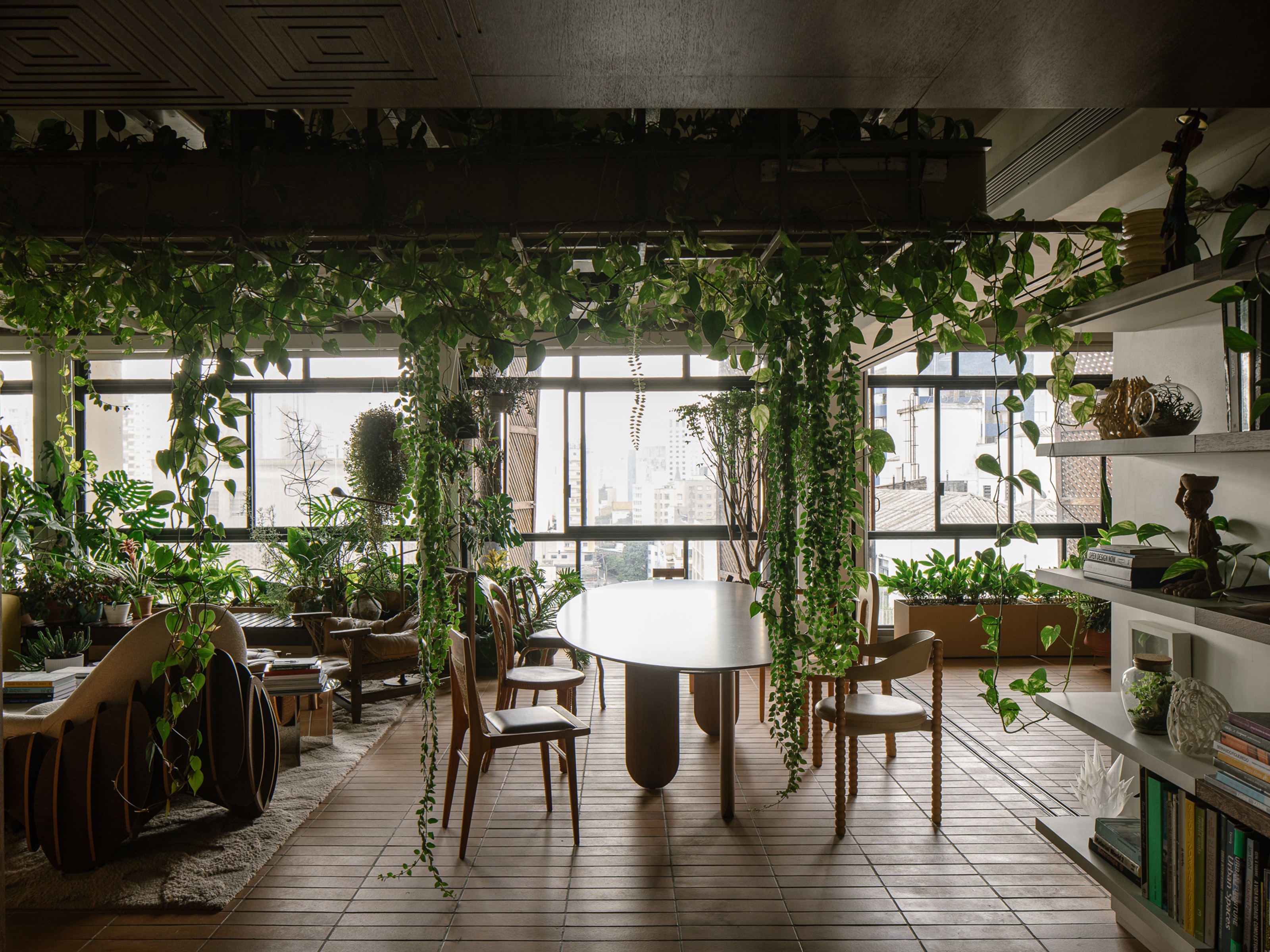 What Is Biophilic Interior Design? I'm an Actual Biophilic Designer, and This Is How to Apply It to Your Home
What Is Biophilic Interior Design? I'm an Actual Biophilic Designer, and This Is How to Apply It to Your HomeA biophilic designer explains the core principles of this practice, and the easy ways you can apply it to your home's design
By Marianna Popejoy
-
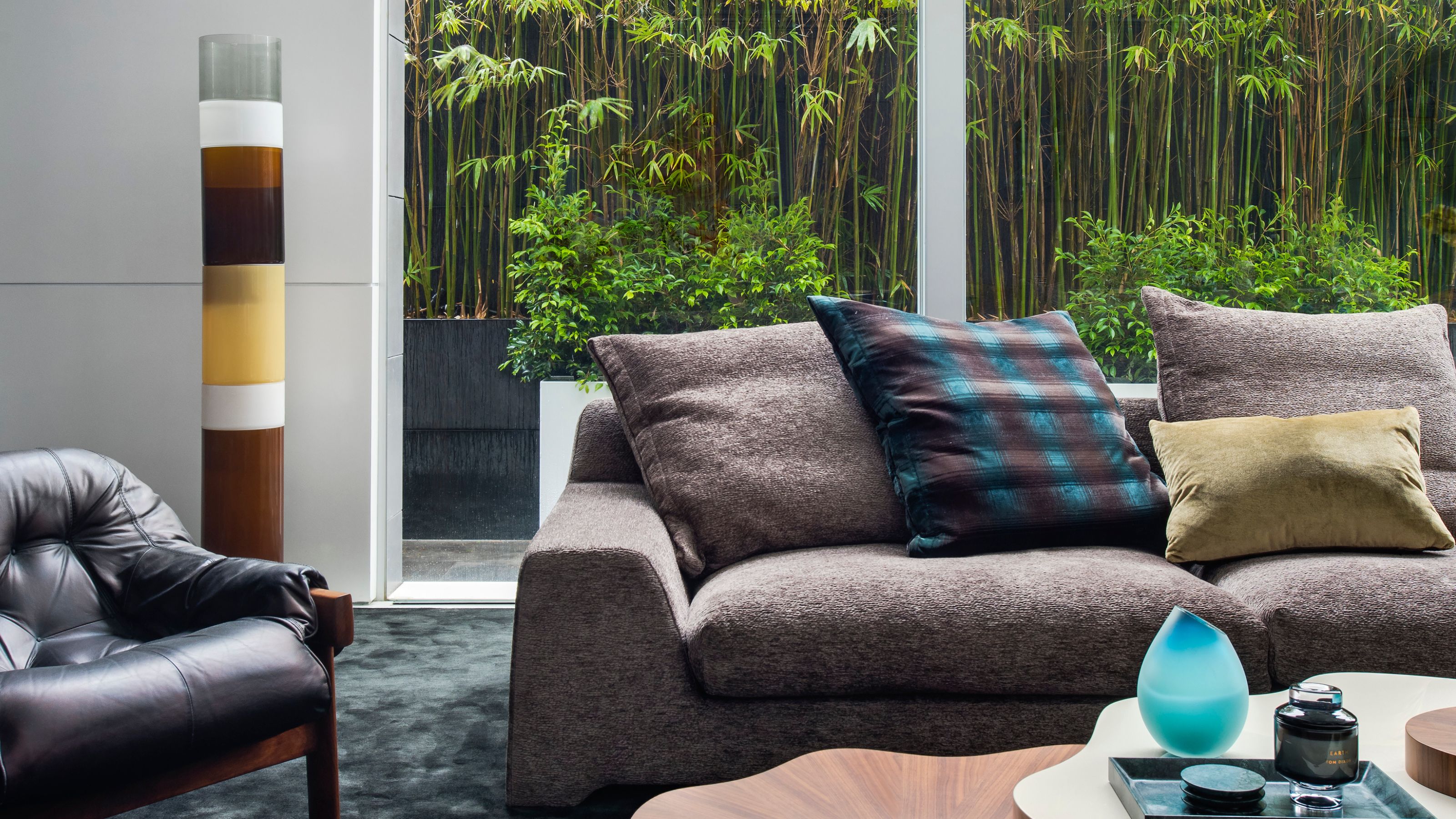 These Are the Dos and Don'ts of Bamboo Plant Placement — Follow This to Avoid Bad Feng Shui
These Are the Dos and Don'ts of Bamboo Plant Placement — Follow This to Avoid Bad Feng ShuiBy following the experts' guidance on where to place this houseplant you can usher luck, wealth, and prosperity into your home
By Lilith Hudson
-
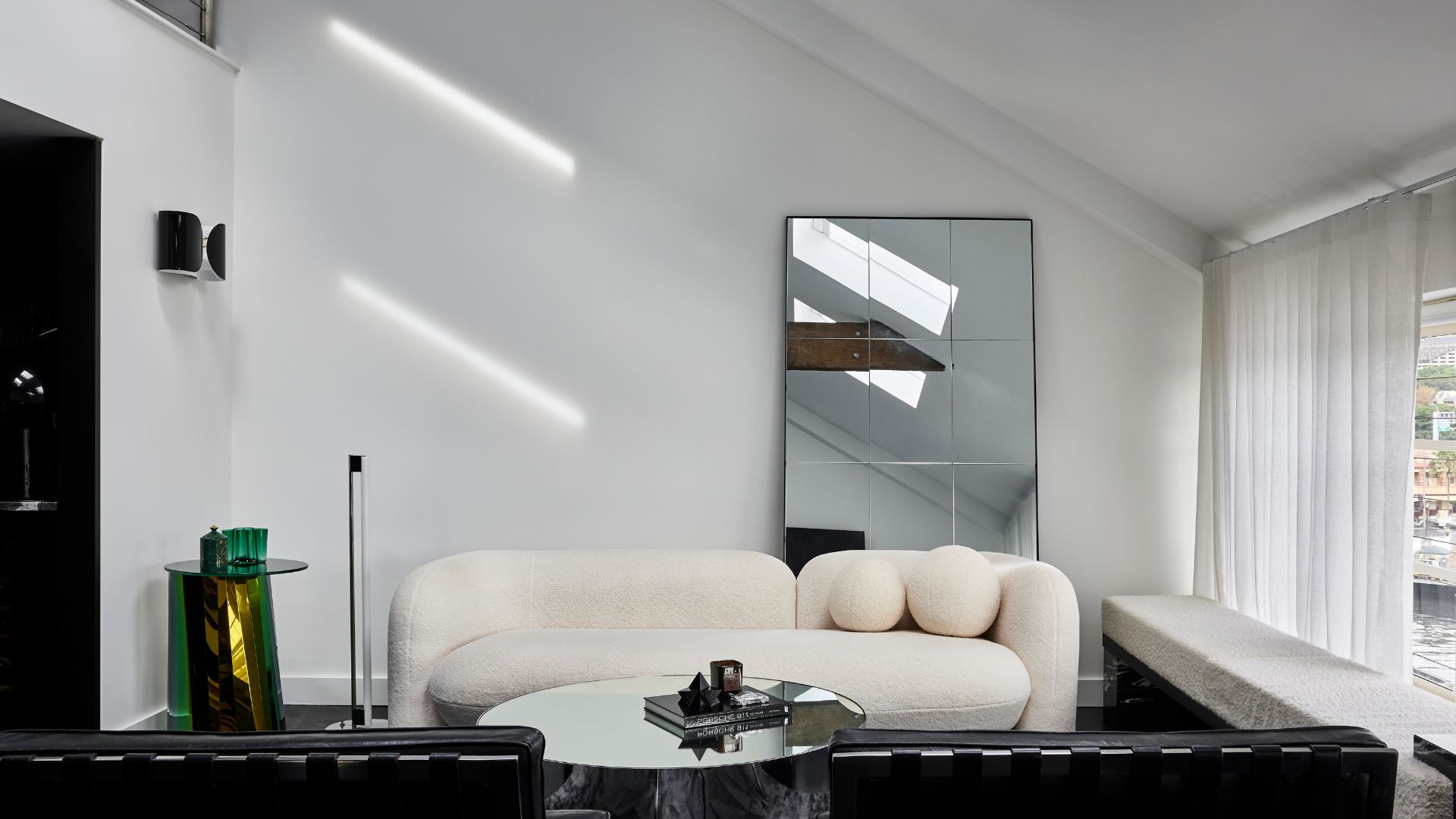 Is It Okay to Have a Mirror Facing a Door in Feng Shui? The Verdict Is In and It Just Might Surprise You
Is It Okay to Have a Mirror Facing a Door in Feng Shui? The Verdict Is In and It Just Might Surprise YouDecorating your home with mirrors calls for intention if you're dressing your space in accordance with Feng Shui. Here's what you should know.
By Amiya Baratan
-
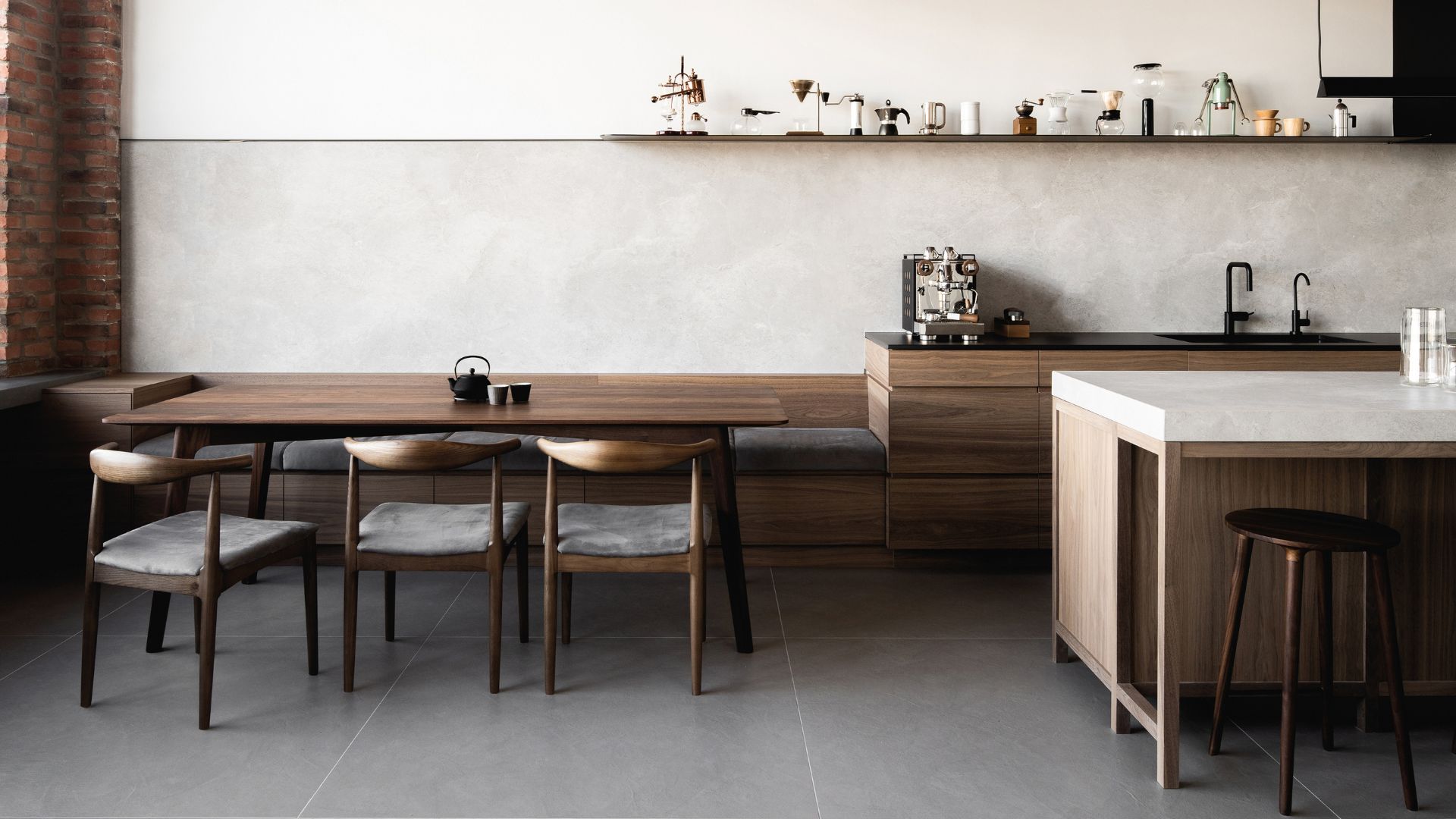 4 Things to Unpack as Soon as You Move House — For a Comfortable and Organized Fresh Start
4 Things to Unpack as Soon as You Move House — For a Comfortable and Organized Fresh StartIf you have a major move in the works and you're looking to prepare in advance, this is the starter kit you need to properly set up your new home.
By Amiya Baratan
-
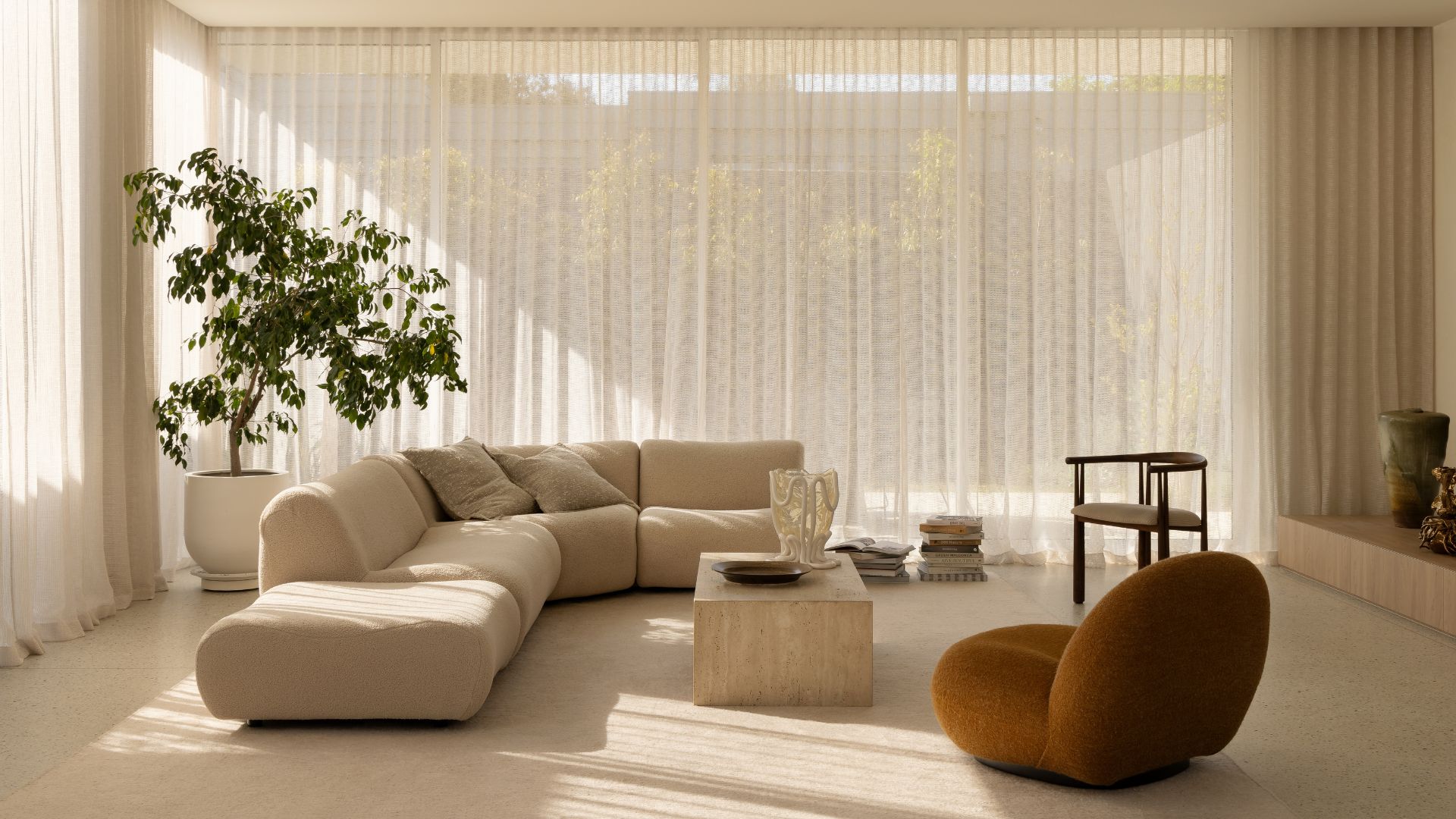 10 Decluttering Challenges to Have on Your Radar This Year — For a Tidier, More Mindful Home
10 Decluttering Challenges to Have on Your Radar This Year — For a Tidier, More Mindful HomeIf you're interested in transforming your home for the better, here are 10 decluttering challenges I recommend for a professionally tidy space.
By Amiya Baratan
-
 Biophilic Decluttering — What to Take Out of Your Home (and What to Put in) for a More Natural Home
Biophilic Decluttering — What to Take Out of Your Home (and What to Put in) for a More Natural HomeTry your hand at biophilic decluttering to ground your interiors, connect to the environment, and cure chronic clutter in one go. Here's how.
By Amiya Baratan
-
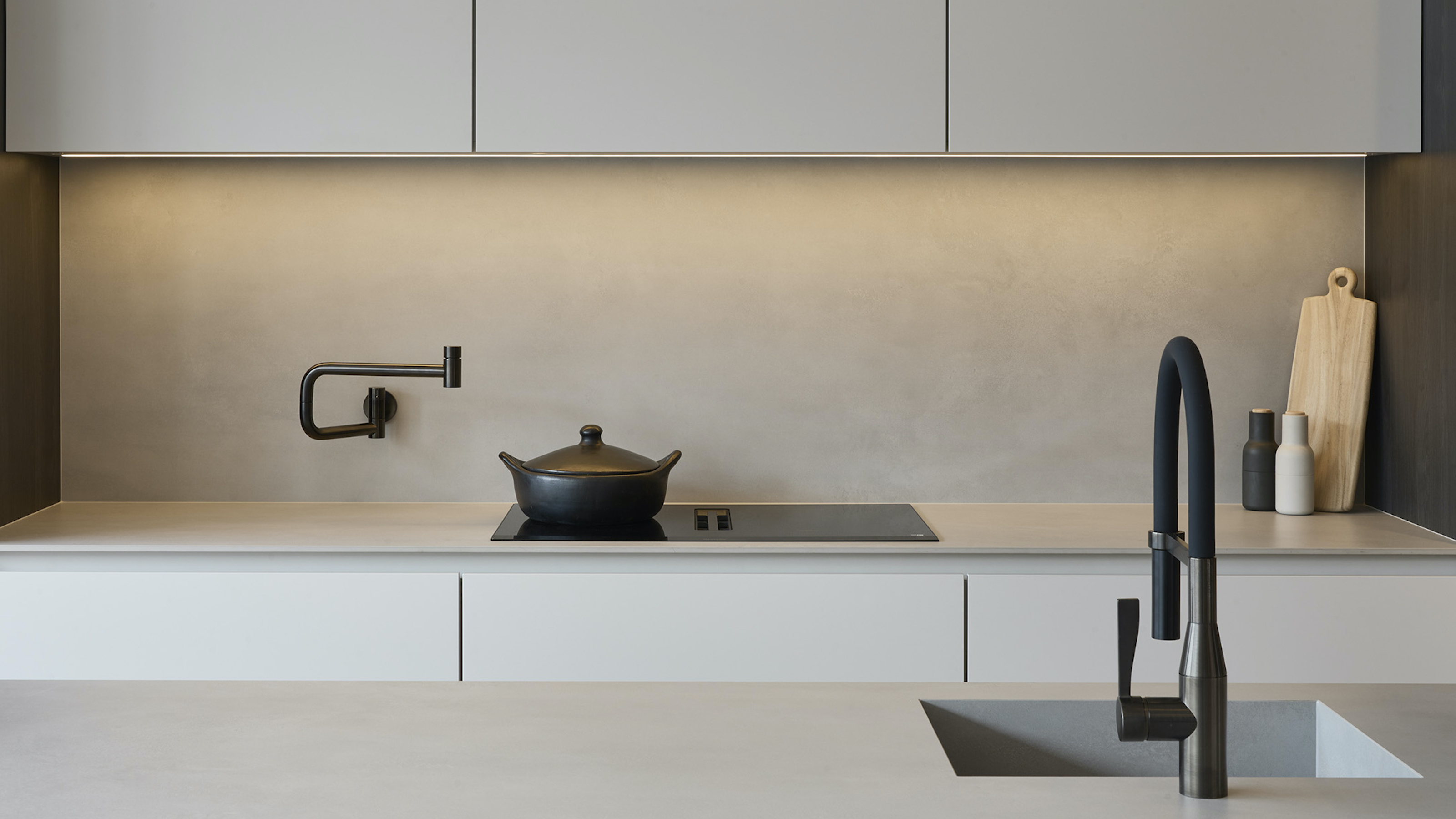 The 10 Different Types of Kitchen Taps — And the Pros and Cons of Each One to Know Before You Pick
The 10 Different Types of Kitchen Taps — And the Pros and Cons of Each One to Know Before You PickFrom sleek pull-outs to vintage bridge taps, explore 10 kitchen tap styles that mix function, flair, and a splash of cool
By Linda Clayton
-
 How Much Does an Extension Cost in 2025? Renovation and Design Experts Break Down Your Budget
How Much Does an Extension Cost in 2025? Renovation and Design Experts Break Down Your BudgetExplore how much different types of extensions cost in 2025 to budget for your project accurately
By Amy Reeves
-
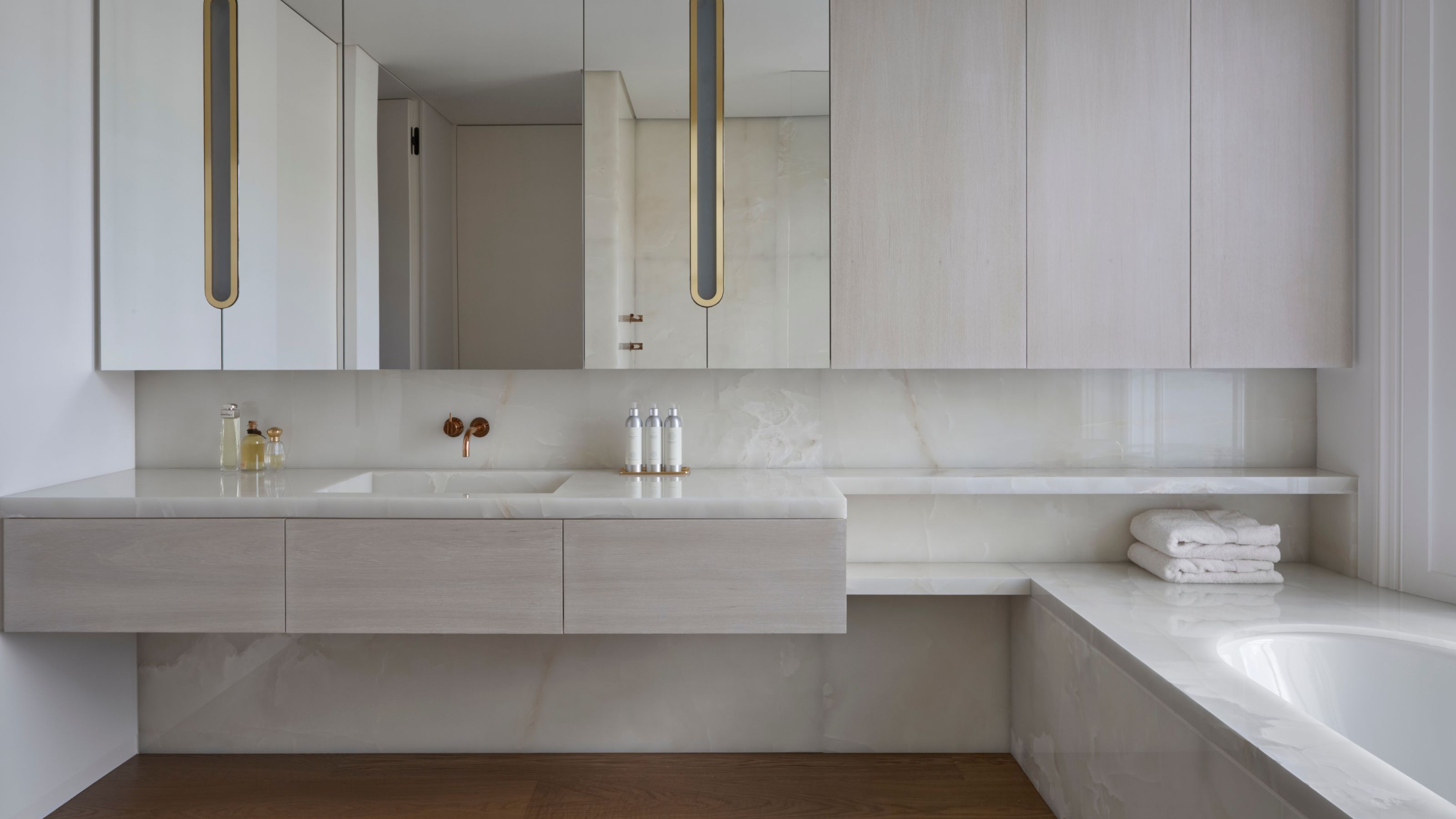 9 Bathroom Storage Mistakes You're Probably Making That Make Using This Space Much Harder — And What to Do Instead
9 Bathroom Storage Mistakes You're Probably Making That Make Using This Space Much Harder — And What to Do InsteadDiscover which mistakes are to blame for your overcrowded and cluttered bathroom
By Seraphina Kyprios